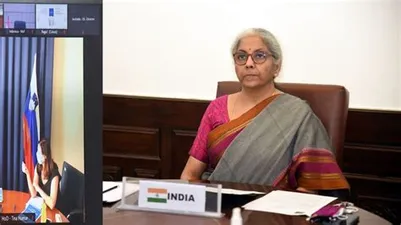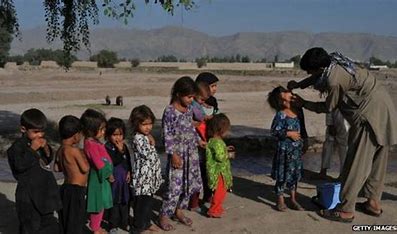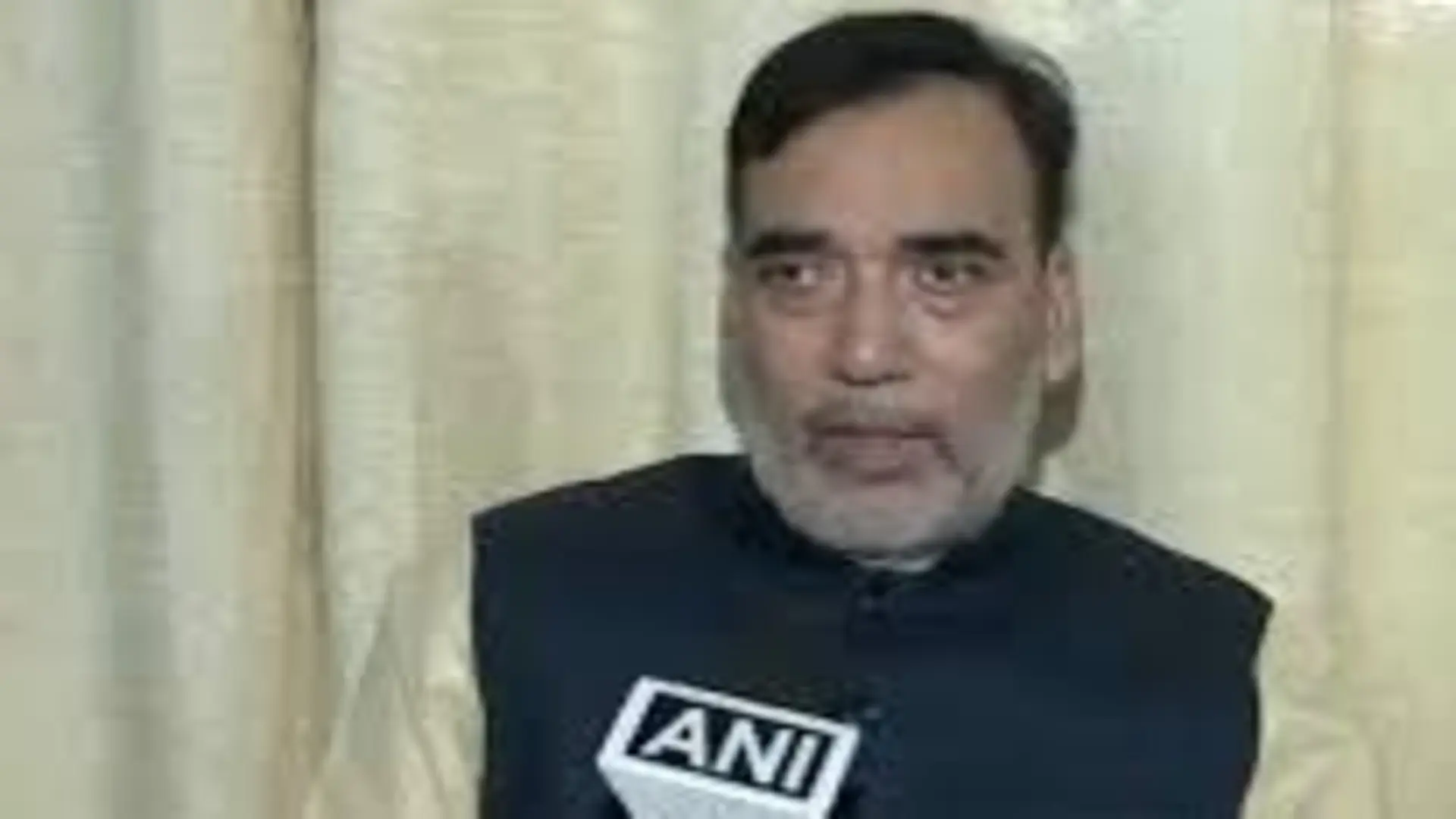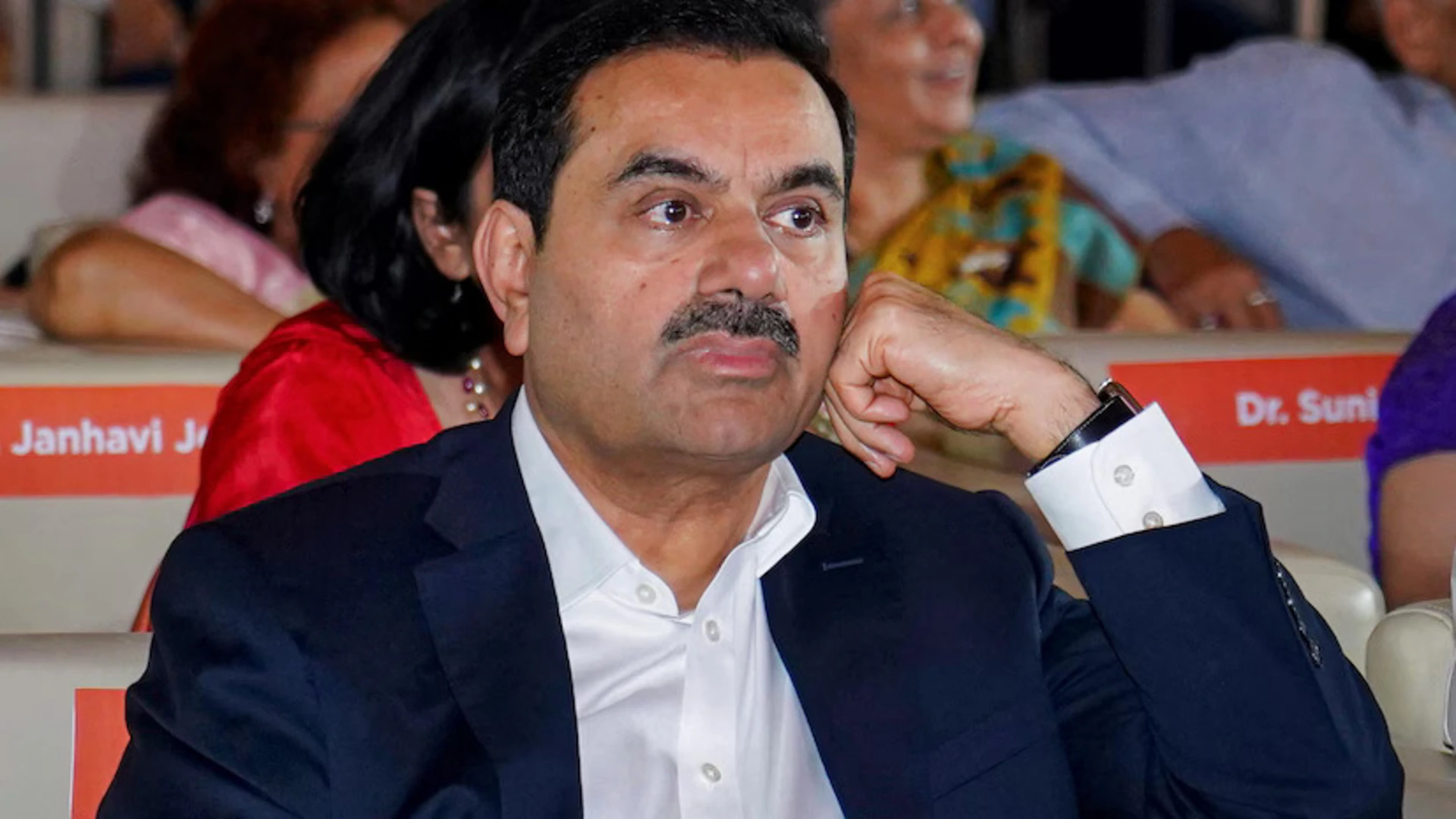
New Delhi, April 14
Finance Minister Nirmala Sitharaman has welcomed appreciation of India’s G20 proactive agenda on reforming multilateral development bank (MDBs) by the G20 Finance Ministers and Central Bank Governors (FMCBG’s) as well as the recognition of the urgency to address debt vulnerabilities of low income and middle income countries. “On debt vulnerabilities, I am glad that it is moving very fast. The Governor and ministers have recognised the need to address debt vulnerability, including strengthening multilateral coordination towards addressing debt distress of low income and middle income countries. A global debt landscape is emerging but these are, however, not fixed and not the end of the story. As things evolve, we will get to talking about takeaways,” Sitharaman said, commenting on the possible outcomes of the second meeting of G20 FMCBG under the Indian presidency that the Finance Minister chaired alongwith Governor of Reserve Bank of India Shaktikanta Das in Washington on Thursday.
Sitharaman joined other G20 member delegates at the FMCBG session dwelling on the global economy and international financial architecture, in expressing a common desire to ensure that the most vulnerable countries and sections of the population are adequately protected. In that context, a second probable outcome of the meeting is the agenda that India’s G20 presidency has brought about, that is, on reforming MDBs. “This has been very well appreciated,” the Finance Minister said. A recently constituted G20 expert group on strengthening MDBs, with an Indian presence on board, is expected to contribute to strengthening multilateral coordination towards addressing the increasing debt distress in low-income and vulnerable middle-income countries. “There is acceptance of an expert group where we have two convenors – Lawrence Summers and NK Singh from India. So strengthening MDB has received a lot of warmth and this expert group is going about its task. Hopefully, by July (2023) we should have something on the table for the members to discuss about,” Sitharaman informed the audience.
The Finance Minister also co-chaired a high-level meeting of the Global Sovereign Debt Roundtable (GSDR) alongwith the International Monetary Fund Managing Director Kristalina Georgieva and World Bank Group President David Malpass to address existing challenges in debt restructuring. The GSDR Chairs have sought to urgently improve information sharing including on macroeconomic projections and debt sustainability assessments at an early stage of the process. Another priority is the role of MDBs in these processes through the provision of net positive flows of concessional finance. To clarify key concepts to support predictability and fairness of debt restructuring processes, a workshop will be organized in the next weeks on how to assess and enforce comparability of treatment.
Sitharaman also identified the third takeaway as climate finance and role of multilateral financial institutions in catalysing private finance flows for sustainable development goals. “ Discussion of climate finance is moving in a positive direction, not just the current flow but also the quantum required for meeting current climate challenges. Private financing, transitional costs and technological requirements is also being looked into,” the Finance Minister told the G20 FMCBG.
With the G20 also looking at scaling up and encouraging wider adoption of social impact investment instruments, the fourth key priority for G20 is Global Partnership for Financial Inclusion (GPFI) with a critical role for Digital Public Infrastructure (DPI). “DPI has found a lot of traction,” said Sitharaman. We are having discussions on leveraging DPI for achieving global financial inclusion and productivity gains,” she added. Sitharaman highlighted International Taxation as the fifth takeaway from the discussions which focused on the need for achieving a fair, sustainable and modern tax system. The strategy for G 20 is coordinated efforts toward effective implementation and wider adoption of the two-pillar international tax package that was agreed upon in October 2021. “SWIFT (global payment system) implementation is being called for by all members. And therefore the progress that we are making in this areas is also directed towards enhancing tax transparency,” the Finance Minister said.
The 2nd G20 FMCBG meeting is important as the progress achieved during the discussions will be central to the deliberations during the 3rd G20 FMCBG meeting which will be held in July 2023 in Gandhinagar, Gujarat, and subsequently during the Leaders’ Summit scheduled to be held in New Delhi on 8-9 September, 2023.















